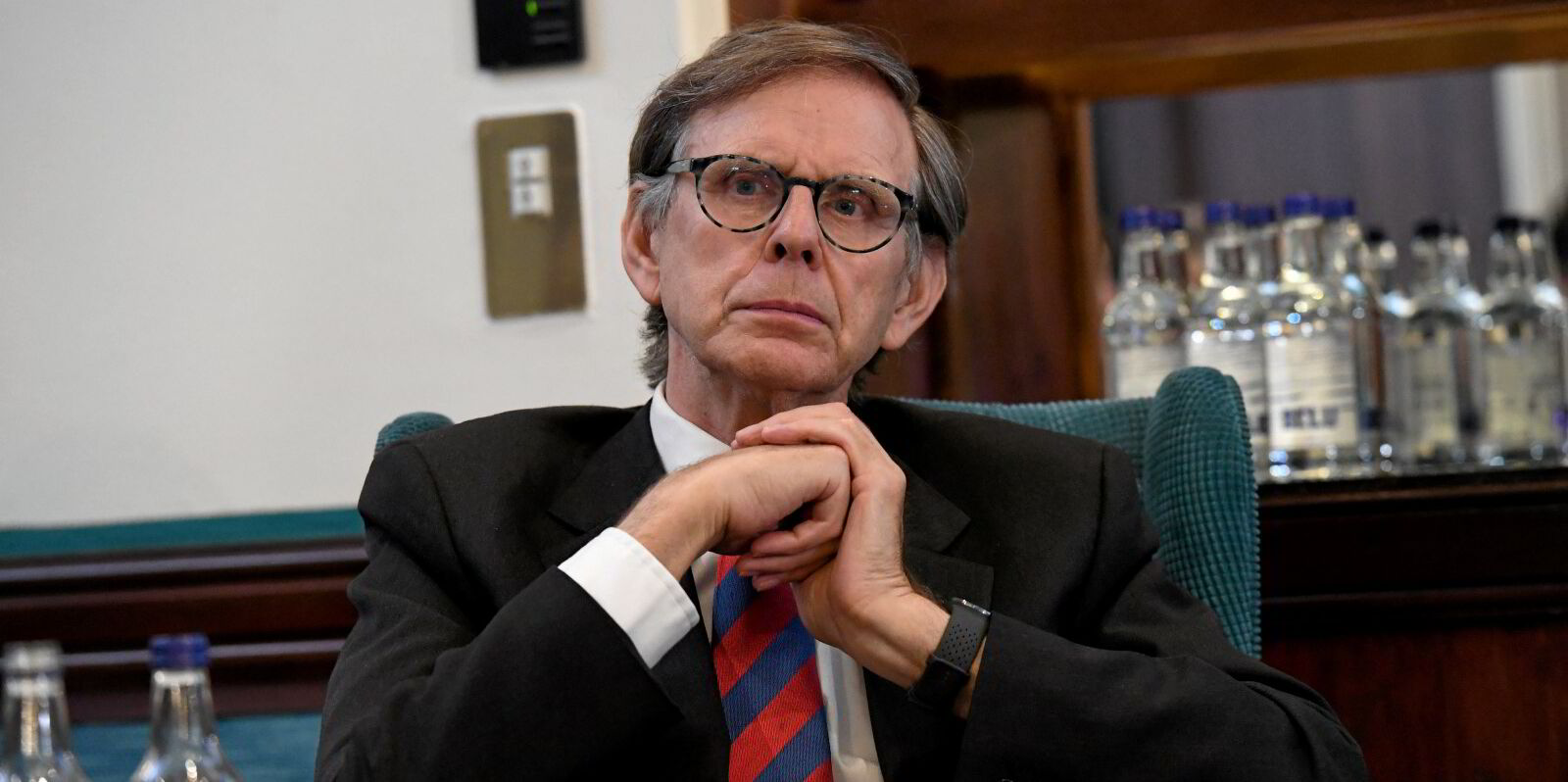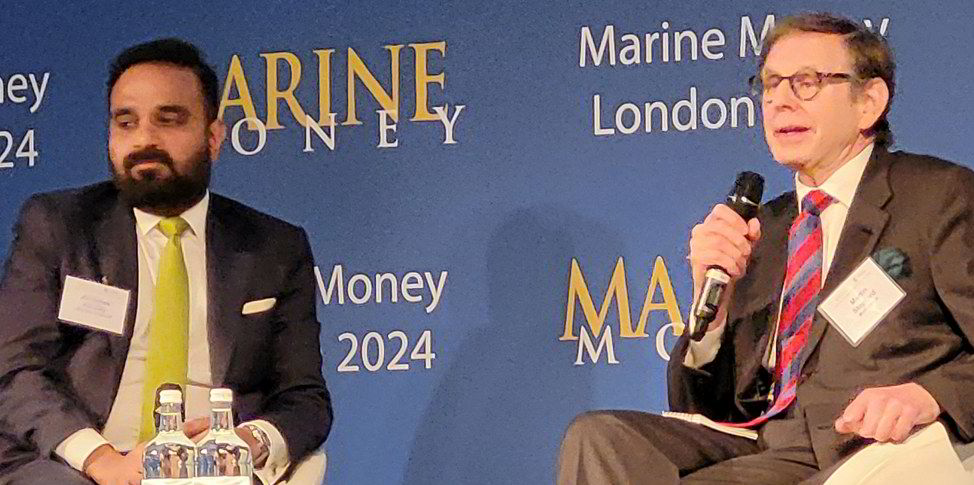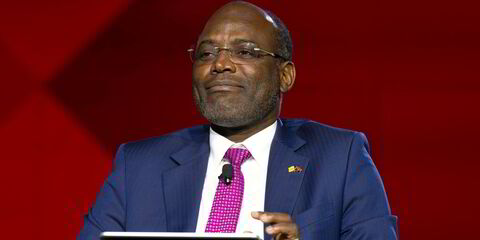Investment in shipbuilding for a new generation of low-emission vessels is forecast to peak in 2036 but could be delayed for a decade if the technology is not ready, Martin Stopford told the Capital Link conference in London.
Stopford, a veteran industry analyst, said market trends suggest that shipping was in the middle of its third supercycle of the past 160 years, a period of structural change in the industry driven by investment in new technologies.
The industry’s ambition to reach net-zero shipping emissions by 2050 will require a major investment in new vessels to drive the change, but major uncertainties remain about which cleaner fuels will emerge.
Newbuilding investment will increase through the 2030s but a great “snarl-up” on the technical side could delay the process, Stopford said.
“The thing that bothers me about this — will the technology be ready by this time?” he said.
“One possibility is that it peaks in 2036. Another possibility is 2046, and so what are you going to do in the meantime?”
Supercycles can last decades and are marked by rising investment in new shipping allied to periods of consolidation, Stopford said. His analysis suggests that the first supercycle covered the lengthy period of transition from sail to steam from the 1860s.
The second, from the 1940s, marked the growth of containerisation and bulk shipping and lasted about four decades. The final stage has been marked by the emergence of China and truly global shipping combined with the drive to cleaner maritime transport.
Stopford said it did not matter if the peak was in 2036 or 2046 — but shipping companies needed to be sure they could move fast enough to deal with technology when it matured.
Piyush Sharma, group director for corporate strategy at German shipowner and manager NSB Group, said the only certainty over the next two decades was that there would be change.
“There will be new regulations. There will be changes in technology. So how do we keep pace with this as an organisation? Keep it agile, keep it very innovative.
“It’s anybody’s guess what is coming next in terms of technology… so we are open to see what is coming.”
Navigator Gas chief executive Mads Peter Zacho said that while a debate could be had over when the energy transition will accelerate, “we want to be sure that we have the right capabilities and the right growth options once it happens”.
Read more
- Asia’s largest maritime trade fair returns to China in physical form after Covid-hiatus
- Viewpoint: Are maritime headlines inducing colour blindness over methanol?
- Shipping might be sailing into a hurricane, says Martin Stopford
- Fincantieri and RINA mull nuclear option in cooperation agreement
- Shipping’s fuel bill can easily be slashed by $50bn a year




